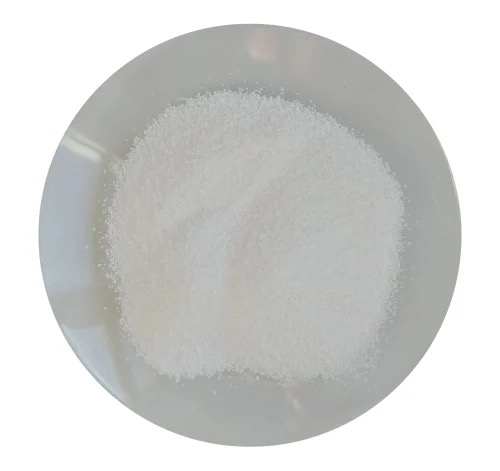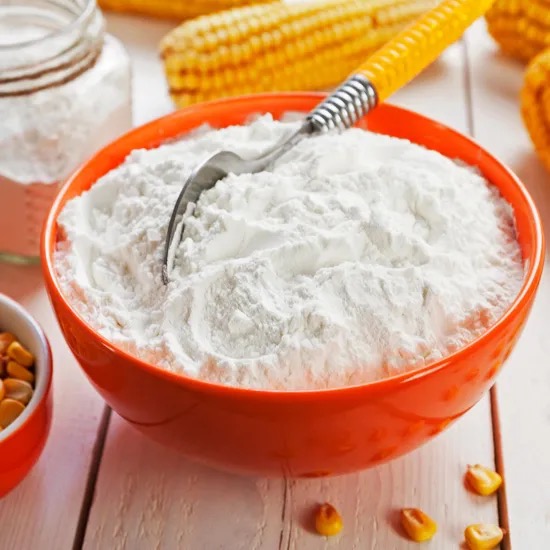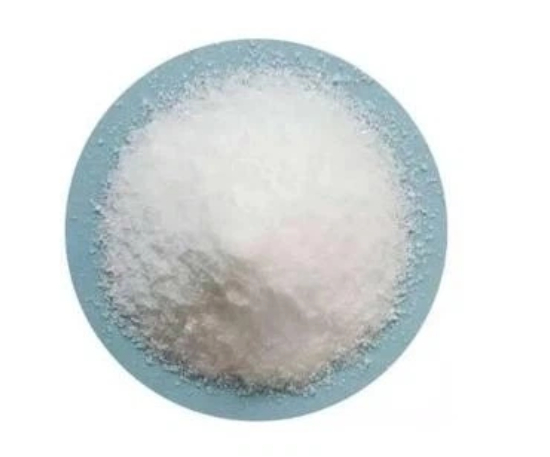Views: 222 Author: Sara Publish Time: 2025-10-23 Origin: Site








Content Menu
● Isomaltulose's Advantageous Properties
● Technical and Nutritional Applications
● Leading Manufacturers and Suppliers in Norway
● Applications of Isomaltulose in Norwegian Products
● Frequently Asked Questions (FAQ)
>> 1. What is isomaltulose and why is it important?
>> 2. Who are the main suppliers of isomaltulose in Norway?
>> 3. What are the typical applications of isomaltulose in food products?
>> 4. What challenges does the isomaltulose market face in Norway?
>> 5. How does isomaltulose benefit consumer health?
Isomaltulose, also known as Palatinose™, is gaining significant attention as a natural, low-glycemic carbohydrate increasingly used in food, beverage, and health care products. Its unique properties as a slow-digesting sugar make it ideal for functional foods, sports nutrition, and diabetic-friendly formulations. Norway's growing health-conscious market has stimulated demand for isomaltulose, leading to a rise in manufacturers and suppliers catering specifically to these needs in the region.This article explores the top isomaltulose manufacturers and suppliers relevant to Norway, applications, and opportunities.

Isomaltulose is a disaccharide derived primarily from sugar beet, linked by an α-1,6 glycosidic bond between glucose and fructose, differing from sucrose's α-1,2 bond. This molecular structure results in several key benefits: it is fully digestible yet slowly metabolized, providing a prolonged and stable energy release without spiking blood glucose or insulin levels. This low glycemic index (~32) and low insulinemic response promote better fat oxidation during activity, making it advantageous for athletes and those requiring sustained energy. Additionally, isomaltulose is tooth-friendly, resisting acid fermentation that leads to dental decay.[1][5]
The sensory profile of isomaltulose closely resembles that of sugar but with about half the sweetness, allowing a 1:1 replacement in recipes without aftertaste or bitterness. Its acid stability, non-fermentability, and low hygroscopicity make it suitable for diverse applications—from sports drinks to confectionery, dairy products, and even baby food. It helps stabilize food matrices, extends shelf life, and maintains beverage osmolality, ensuring functional integrity in complex formulations. Manufacturers in Norway leverage these properties to produce lower-calorie, natural, and clean-label products that meet consumer demands for health and wellness.[1]
The Norway isomaltulose market is projected to grow steadily from 2025 into the early 2030s, driven by increasing consumer awareness of isomaltulose's health benefits and a rising preference for natural sugar alternatives. Diabetes and obesity prevalence in Norway further bolster demand for low-glycemic sweeteners. However, market growth faces challenges such as the relatively high production cost of isomaltulose, regulatory constraints on food additives, and limited raw material availability. Despite these hurdles, manufacturers and suppliers focus on innovation, sustainable sourcing, and expanding applications across confectionery, bakery, beverages, dairy, and nutritional products.[2][3]
One of the top functional carbohydrate providers, BENEO, headquartered in Europe, is a major player supplying isomaltulose (as Palatinose™) in Norway. BENEO markets both isomaltulose and isomalt, offering a comprehensive portfolio derived from chicory roots and sugar beet. Their products are known for their nutritional and technical benefits, assisting food manufacturers in improving health attributes, taste, texture, and nutritional profiles. The company supports industry partners through research and product development, making it a go-to supplier for many Norwegian manufacturers seeking natural sugar replacements and fiber enrichment solutions.[7][1]
Other suppliers and smaller specialty ingredient companies in Norway focus on tailored isomaltulose blends and OEM/ODM services for international clients, especially those in food, beverage, and healthcare sectors. These suppliers provide high-purity isomaltulose powders and support product innovation to target markets looking for clean-label, functional ingredients with clear health benefits.

Isomaltulose is utilized widely in various product categories:
- Sports and energy beverages: It offers sustained glucose release, making drinks ideal for endurance and recovery.
- Confectionery: Used in sugar-free candies and chewing gums for a mild sweetness without bitterness or cooling effects.
- Bakery and cereal products: Provides texture and bulk like sugar but with fewer calories and a lower glycemic impact.
- Dairy and nutritional bars: Enhances mouthfeel and long-lasting energy suitable for wellness markets.
- Baby food and health supplements: Delivers a safe, digestible carbohydrate with dental benefits and steady energy supply.[5][1]
The isomaltulose market in Norway is growing alongside global trends emphasizing healthier, natural ingredients with functional benefits. Leading manufacturers like BENEO provide quality isomaltulose and related carbohydrates, supporting food and beverage industries in producing innovative, wellness-oriented products. Despite some challenges posed by raw material and regulatory limitations, Norway remains a fertile market for isomaltulose suppliers focused on sustainability, quality, and consumer health. Companies offering OEM/ODM services and tailored ingredient solutions are well-positioned to capture expanding demand in this dynamic market.

Isomaltulose is a natural carbohydrate derived mainly from sugar beet. It is important because it provides a slow, steady energy release with a low glycemic index, making it a healthier alternative to traditional sugars, especially for diabetics and athletes.
BENEO is one of the leading suppliers in Norway, offering Palatinose™ and isomalt. Other local specialty ingredient companies provide OEM/ODM services and bespoke formulations to meet specific market needs.
Isomaltulose is used in sports drinks, confectionery, bakery products, dairy, nutritional bars, and baby foods due to its mild sweetness, low glycemic impact, and functional benefits like dental friendliness and prolonged energy supply.
Challenges include high production costs, regulatory restrictions on food additives, and limited availability of raw materials. Despite this, innovation and consumer demand continue to drive growth.
It helps maintain stable blood sugar levels, supports fat oxidation during exercise, does not harm tooth enamel, and offers a natural alternative to conventional sugars, aligning with modern health and wellness trends.
[1](https://www.just-food.com/contractors/food-drinks-ingredients/beneo/)
[2](https://www.6wresearch.com/industry-report/norway-isomaltulose-market)
[3](https://www.linkedin.com/pulse/top-isomaltulose-companies-how-compare-oytrc)
[4](https://sifotek.com)
[5](https://www.hsnstore.eu/brands/raw-series/isomaltulose-palatinose-powder)
[6](https://no.kompass.com/no/p/thai-foods-product-international-co-ltd/th0086646/isomaltulose/569c984f-7703-4798-8472-a76c398afed3/)
[7](https://www.beneo.com/sales-partners)
[8](https://ingredientsbar.com/p/palatinose-0615t/)
